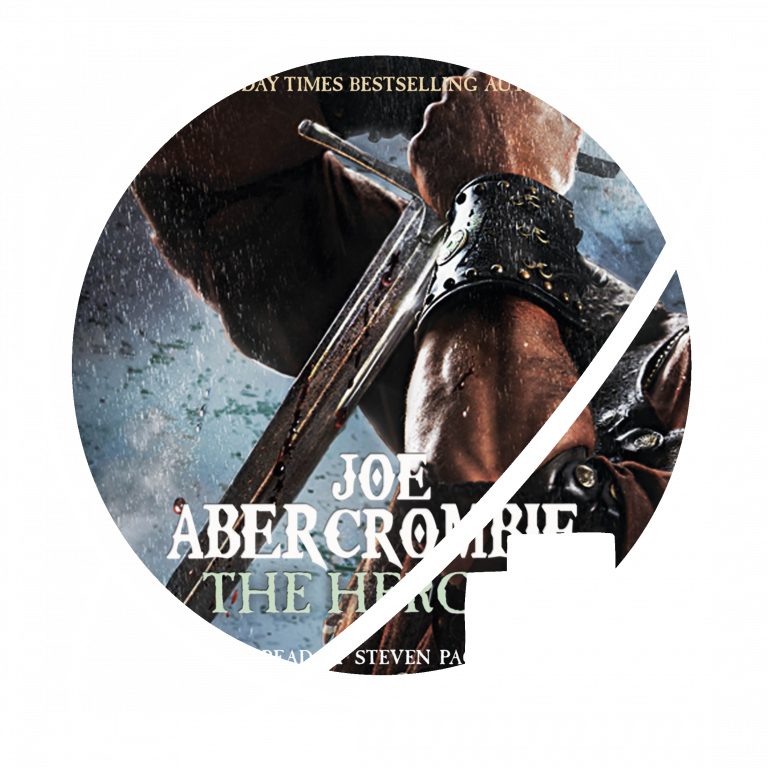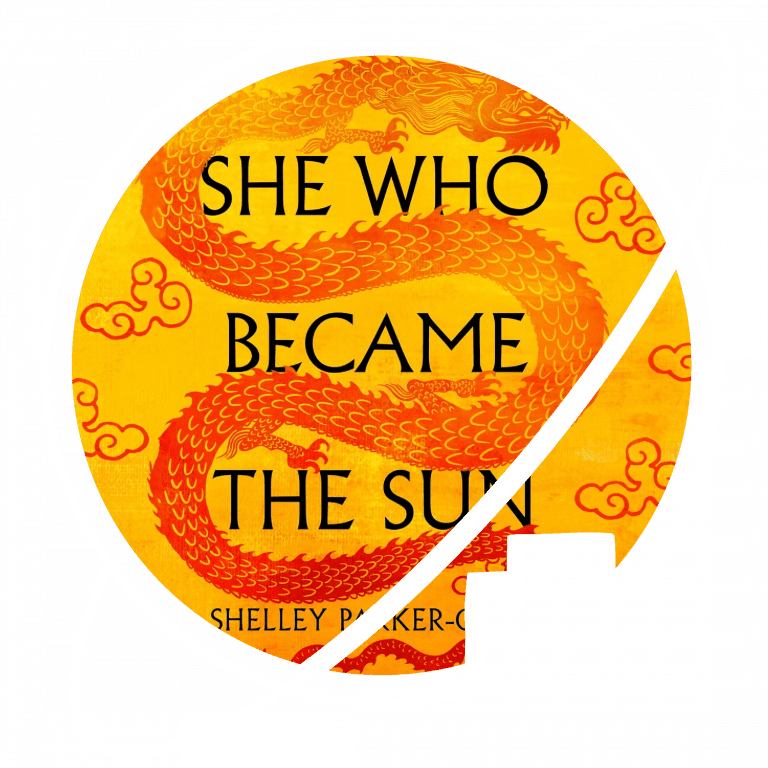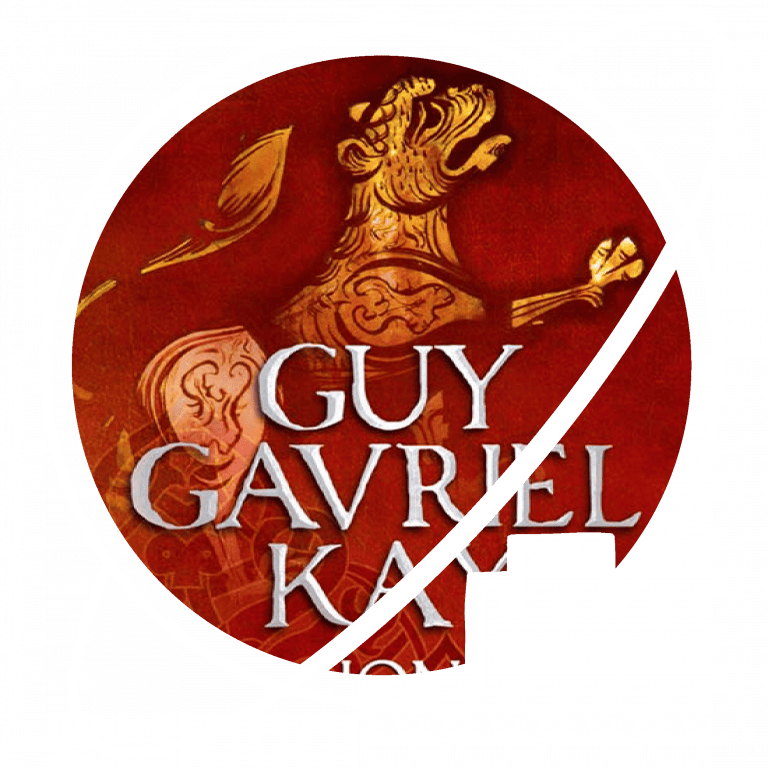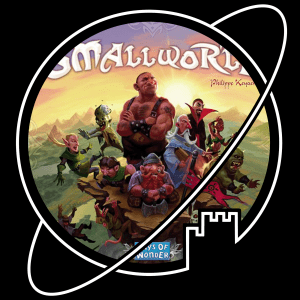- Book written by Shelley Parker-Chan
- Published 22 August 2023
- Part 2 in Radiant Emperor
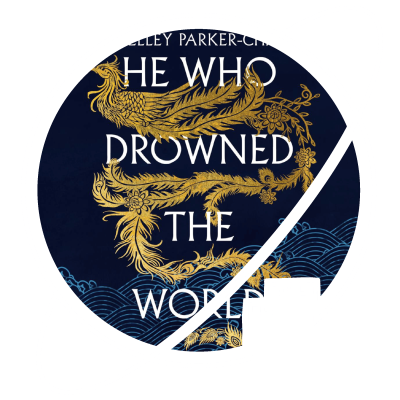

Listened to the audiobook with Natalie Naudus again – would definitely recommend the experience to make China actually sound Chinese.
I was very enthousiastic about She Who Became the Sun, a book I randomly picked up because of the Hugo nomination. Ever since I’ve finished it, I have been recommending it left and right, in particular for its historically plausible inclusion of 21st-century themes in a book set in medieval China. I’ve had the sequel to She Who Became the Sun on my release radar ever since I finished the first book, and I loaded He Who Drowned the World into my player almost the moment it became available.
And it did not disappoint!
He Who Drowned the World is a lot darker than She Who Became the Sun, and by ‘a lot’ I mean a big lot. The first book has some negative themes, such as revenge and body dysphoria. And of course, Zhu will literally and figuratively kill to reach her fate. But Zhu is, on the whole, an optimist with a positive drive.
He Who Drowned the World, however…
The second book focusses on Wang Baoxiang, the new Prince of Henan – as a point of view character in addition to Zhu. And he is one of the most tormented characters I’ve ever read, with frightening self-loathing and purpose dripping off the pages . Reading his chapters filled me with equal measures of disgust, pity and awe. To think this is only Parker-Chan’s second book and already she has developed such finesse in making her character’s deepest, darkest thoughts feel true makes you almost dread what torment she will bring to her pages in the future.
I would compare the darkness of He Who Drowned the World to Joe Abercrombie’s writing, but Parker-Chan doesn’t mix in the black British humour that Abercrombie does, making the read a whole lot heavier.
The darkness Wang Baoxiang injects into the narrative fits well with the theme of this second book. A whole cast of characters, each with their own glowing mandate of heaven, is vying for the throne of the Great Khan. As they battle each other for the best position to take on the capital of Dadu, each in turn is confronted by the cost of their great desire. What are they willing to sacrifice to become Great Khan? What must they do to make it all worth it?
I think this is a great theme for a novel which really drives home the point that ‘no really, they are all the villain’. Each of the pretenders tears apart those around them and must leave something of themselves behind to reach that one goal. In a way, He Who Drowned the World fits the frame of a classic Shakespearian tragedy very well.
So Parker-Chan deserves the highest praise for her character writing. Does the rest of the book hold up?
Well, it’s probably not what you’re reading the series for, but it is not bad either. He Who Drowned the World has nothing of the classic comfort we all know from the first book in a fantasy series, but rather dives straight into the action, both at court and on the battlefield. Really though, all of the plot is strictly in service of the character arcs of the main characters; and while there are tense moments, they exist for the characters to doubt their conviction rather than for any real chance the plan will fall apart.
I would even go as far as to say that the book has a bit of a weak point in Zhu’s naval campaign, in which Zhu comes up with increasingly far fetched and unlikely clever tricks to beat an opponent that by rights should have defeated her easily. I realise it is Zhu’s trademark from She Who Became the Sun, but it really rubbed me the wrong way this time; it fits with the annoying Hollywood trope of medieval battles always being a mess without any sort of organisation, that end up being won through too-clever-by-half techniques that would not work in real life (think about it, if random balls of flaming whatever-it-is-Hollywood-special-effects-teams-love would have won battles in history, we would have sources telling us about them). I have always felt that it shows a lack of respect for the medieval mind to suppose that these people just failed to come up with these brilliant, battle-winning stratagems that writers behind their 21st century desks dream up.
That – very personal – rant aside, I really enjoyed He Who Drowned the World – I think I blasted through it in only four or five days (admittedly, I had a sowing project to get through). I think it’s grimdark tone means it may be less appealing to some than She Who Became the Sun. But I think the character writing is some of the best out there, and if you are not put off by a dark tale of mental, physical and sexual violence, He Who Drowned the World is a gripping read you won’t be able to put down.






